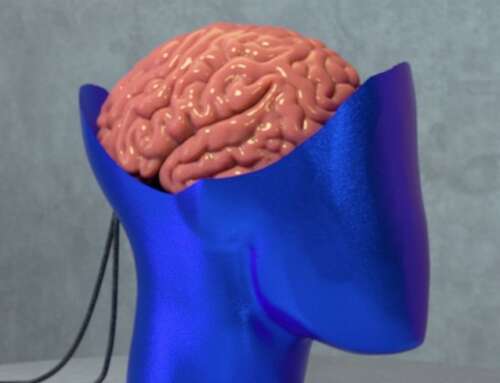Alarming facts:
- In the US children watch an average of 3 hours (and up to 8 hours) of TV per day
- Many school children spend as much time in front of the TV as they do in class.
- Children under 3 spend up to 30% of their waking hours watching TV and videos, even though their attention span is only a few minutes.
- A typical child born today will probably watch videos as early as 4 to 6 months old.
Tips on how to get the best out of TV and your child
Select what your child watches on TV: parents can use new technologies such as TiVo and DVDs to maximize the benefits of educational shows. It may surprise parents to learn this, but children are happy to watch reruns of educational shows, often up to five times in row with no decrease in their attention to a program!
Invest in reality: At its best, TV can educate and inspire. High-quality documentaries give insights into history. Nature programs take the children to places they may never be able to actually go to. They can teach facts about science, the weather, and our world.
Teach children through TV: Children’s educational programs such as Play School can help children learn to read, to use their imagination, to be kind, and to share. Programs that show craft, life skills or little scenarios where children can learn what is expected of them in certain situations all help them to interact with the real world when the TV goes off. When used suitably, television can open up a world of possibilities and help children’s cognitive, social, and emotional development.
Take it slow: choose programs that do not chop and change and are not too hectic. Children’s attentions are disturbed when the screen constantly changes. It does not help them learn to hold their attention; rather it makes them want continual stimulation.
Limit their exposure: decide what program your child is going to watch, discuss it with them and agree that when the program is over the TV will go off. This way the child will know what to expect at the end and is less likely to get angry or react when the TV is switched off.
3 key factors: when children are watching a TV program, take into account quantity, quality and context. How much they watch will depend on the quality of the content or underlying messages of the program.
Watch TV together: this is very important and it gives both child and parent the opportunity to ask questions and explores the idea being shown in the programs. Talk about the characters and what behaviour they are displaying. Resist the temptation to use the TV as an electronic baby sitter. Many children can show aggressive behaviour if they feel they are not getting any attention from their parents.
TV can be harmful
Too much TV, or the wrong kind, can have lasting, damaging effects. It can affect their moods, life choices, attention spans, their studies and stunt their imagination.
For teenagers it can encourage unsafe sex, and other dangerous activities.
Dr Dimitri Christakis, a child development specialist at the Seattle Children’s Hospital and author of The Elephant in the Living Room: Make TV Work for Your Kids has said that “Television used poorly can make children anxious and depressed and can lead to sleep disturbances and aggression.”
Writer Helen Splarn. Editor Dr Ramesh Manocha.
Source: The Elephant in the Living Room: Make TV Work for Your Kids. AP







Leave A Comment